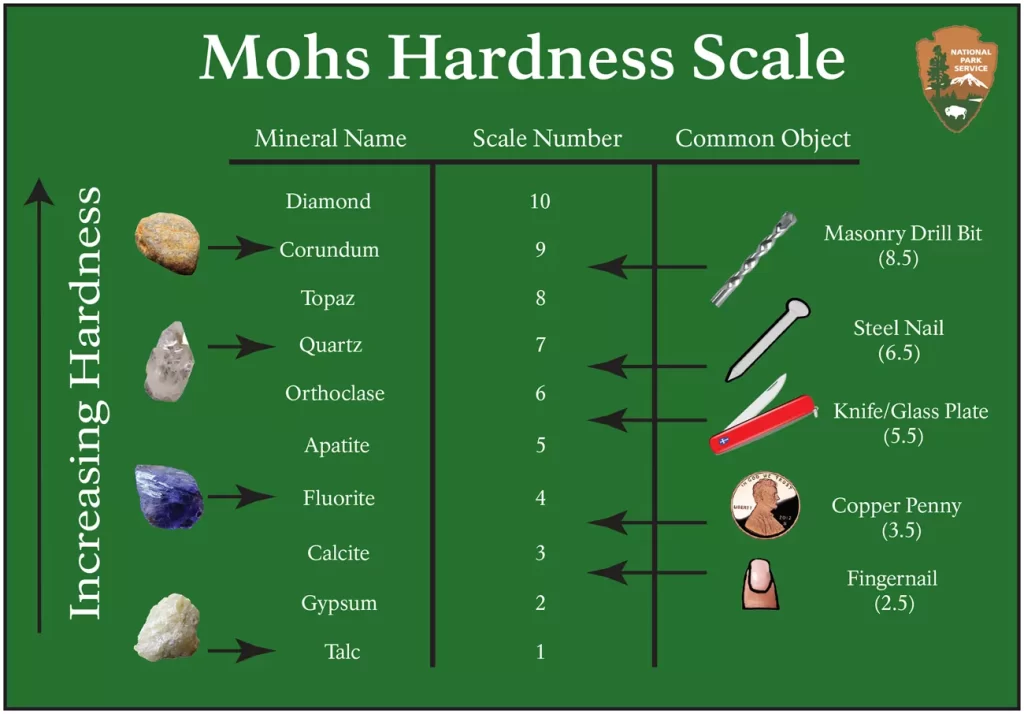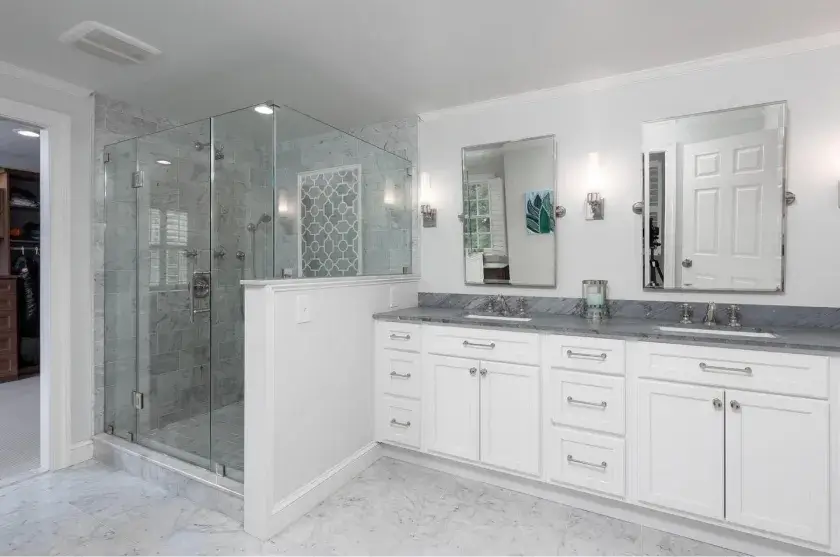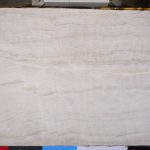Quartz is considered to be one of the best materials for countertops. Being an artificially manufactured stone, it is not inferior to – and often surpasses – natural alternatives in its beauty and practical properties. Homeowners and designers frequently choose this material to create an exceptional kitchen or bathroom environment. But, like any other home improvement solution, installing such a countertop can leave many questions. Is quartz porous? How strong is quartz? What are the negatives of quartz countertops? What are the benefits? In this article, we’ll break down the pros and cons of quartz countertops to help you decide whether they’re the right fit for your home.
Quartz Countertops Pros
Price vs. incredible strength, diverse range of design options vs. susceptibility to heat damage. What to know about quartz countertops before buying, we’ll analyze below.
- Impressive durability
We can simply say that quartz is extremely strong. Or we can compare it to granite, which is primarily known for its hardness. According to the international Mohs hardness scale, granite has a score of 6, while quartz has a score of 7 out of 10 on the same scale, making it harder than glass, a steel file, and even a sharp knife.
Quartz slabs are created by combining crushed quartz crystals with resins and pigments. Thus, this is an engineered material skillfully created by human hands using natural ingredients. Thanks to this composition, these products perfectly withstand the rigors of daily use. Choosing a quartz counter for your home or commercial project, you can count on excellent resistance to scratches, chips, and cracks. Durability is the main advantage of quartz.

2. Easy maintenance
Quartz counters require less maintenance than natural stones such as granite or marble. Since this material is non-porous, it does not need to be sealed, is stain-resistant, and is easy to clean. A simple wipe with soap and water is usually enough to keep quartz surfaces looking their best. However, we still recommend that you treat your quartz top with care to keep it attractive for longer.
3. Stain resistant
Talking about the advantages of quartz countertops, it is impossible not to mention the unique resistance to stains. Spills are no match for quartz. Red wine, coffee, and other potential staining agents won’t penetrate the surface, keeping your worktops looking pristine.
4. Hygienic
The non-porous nature of quartz also means it is highly hygienic. You don’t have to worry about bacteria and other germs growing on the worktop, which is ideal for cooking areas or with high humidity.
5. Attractive appearance
One of the main pros of quartz countertops is their stunning appearance, which enhances the aesthetics of any kitchen or bathroom. Imagine what you want your ideal counter to look like, and you will almost certainly find it among the many quartz designs.
Man-made, this stone is available in a virtually limitless palette of colors and patterns. You can find quartz slabs that look exactly like marble or granite, or you can choose completely unique ones with simple or complex patterns and deep colors. The flexibility of quartz design allows you to get a surface that is completely smooth or flecked, light or dark, which perfectly complements any interior.
6. Versatile
Versatility is another great advantage of quartz countertops. As we have already mentioned, this material can amaze you with its incredible number of design options. Apart from counters, quartz can also be used for bathroom surfaces, aprons, and floors. It can also be fully customized to your needs and preferences, including various surface finishes with many types of edges to suit any style.
7. Increases home value
It has long been no secret that a beautiful, well-maintained countertop can increase the property value. Quartz surfaces, with their high versatility, stunning appearance, and enhanced performance, will be a valuable addition to a home (especially when selling).
Quartz Countertops Cons
For all its merits, quartz for countertops, like any other material, has its drawbacks. What is the downside of quartz countertops? Let’s figure it out.
1. Heat sensitivity
One of the main cons of quartz countertops is their sensitivity to heat. Although quartz itself can withstand high temperatures, the polymer fillers and resin used in the material may not. Placing hot cookware directly on the surface can lead to meltdowns in the resin, causing discoloration and permanent damage. You may notice that white spots and cloudiness appear. To avoid damage, always use trivets or coasters for hot pads.
2. Cost
Quartz counters offer numerous advantages: non-porosity, hygiene, ease of maintenance, durability, stylish appearance… You may have already guessed that its price can significantly exceed other materials, even some natural stones. The cost can start at $50 per square foot installed and go up to $150 per foot depending on the design, quality, and manufacturer. The price can also surpass the $150 mark for custom-made options with intricate designs. So, consider this and your budget when choosing countertop material.
3. Indoor use only
We do not recommend installing quartz countertops outdoors. Prolonged exposure to direct sunlight can cause the color to fade or yellow over time. If you are looking for a countertop material for an outdoor kitchen, it is better to choose a natural stone option. This also applies to countertops installed in a room with large or many windows – quartz surfaces are not the best option for this.
4. Difficult installation
Quartz countertops are very heavy, which means that this is not a DIY project. You will need professional installation and the services of qualified technicians to take accurate measurements, install a solid foundation, and securely fasten the slabs to avoid damage. This complicated installation process usually requires an extra cost, and this is a significant con of quartz.
5. Visible seams
For larger countertop installations, seams are often visible in quartz ones. While manufacturers do their best to make these seams as inconspicuous as possible, they can be noticeable, especially in lighter-colored countertops.
Final Words: Is Quartz Right for You?
We have created this comprehensive guide and detailed the pros and cons of quartz for countertops to help you find the answer to this question. What is our advice? Think carefully about your needs and budget. If you need a surface that is both practical and attractive and will last for decades, a quartz stone countertop is definitely a good choice.
The truth is that quartz countertops benefits far outweigh the disadvantages, and our customers often choose this option for their projects. However, if you are looking for something more affordable, or aim to surprise others with a stunning open kitchen, it is worth considering other materials for countertops. Ultimately, whether quartz is the right choice for you depends on your priorities and how you plan to use the worktop.
If you need expert assistance in choosing the best material for your countertop or other design solution, browse our range or contact us for a detailed free consultation. We are always happy to help transform your space!








